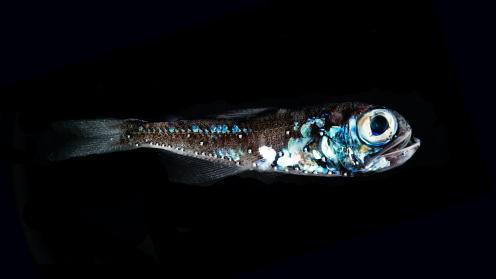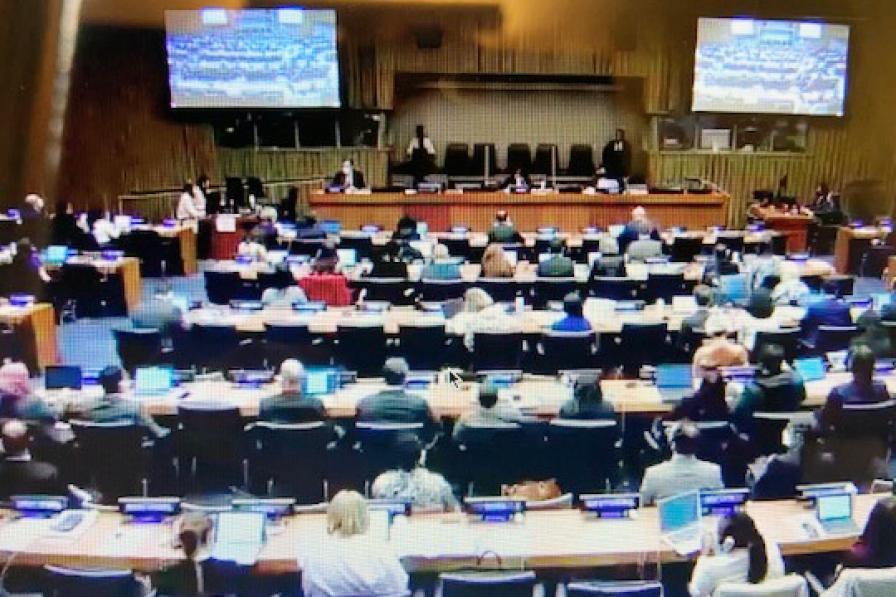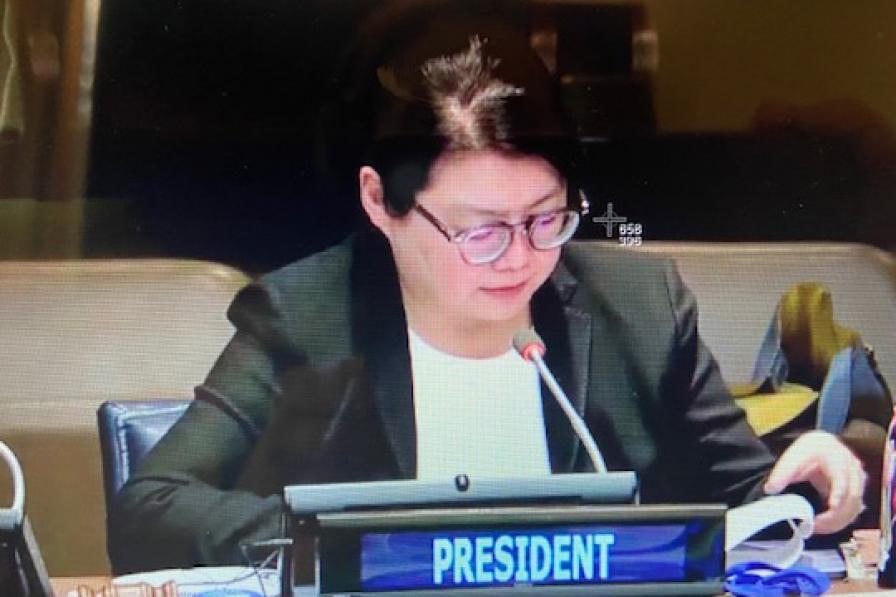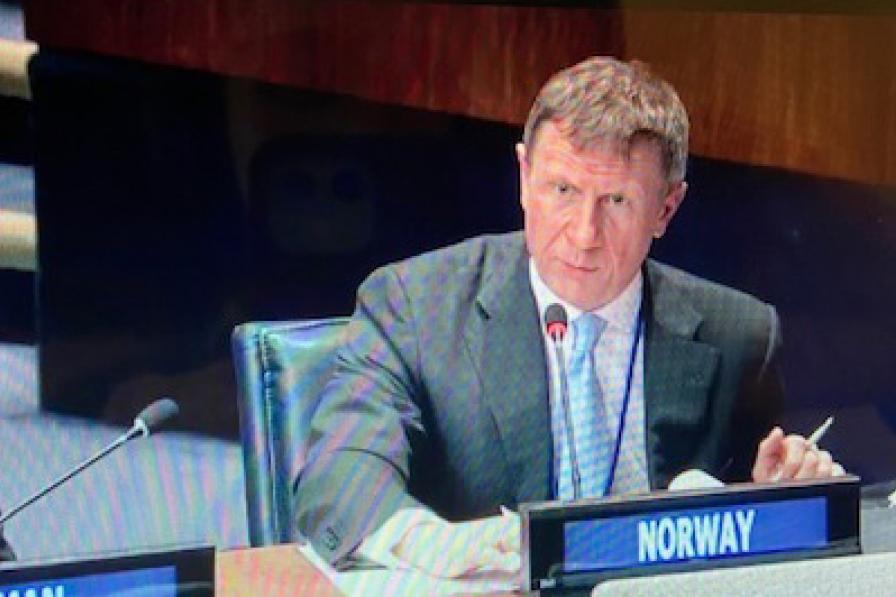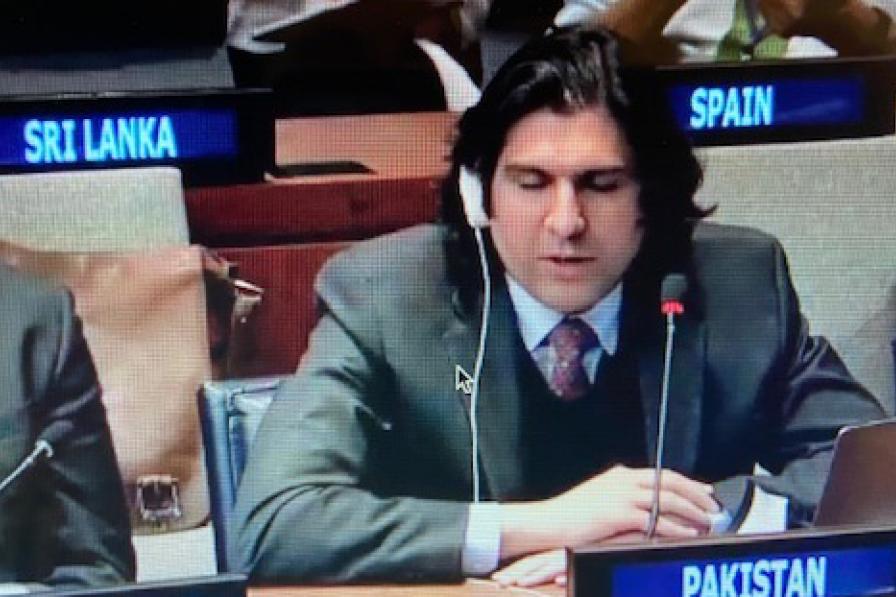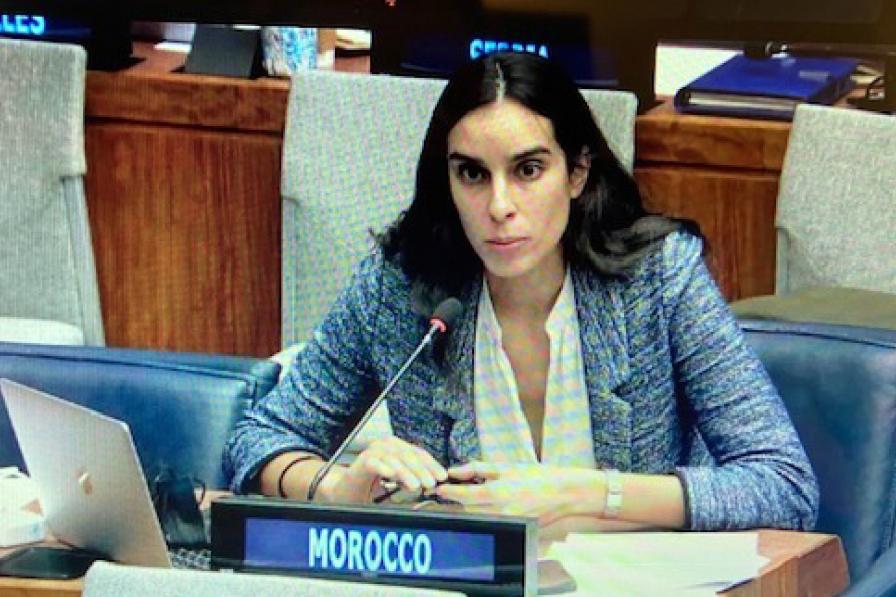On Monday, 7 March 2022, delegates convened online and in-person for the fourth meeting of the intergovernmental conference (IGC-4) on an international legally binding instrument under the United Nations Convention on the Law of the Sea (UNCLOS) on the conservation and sustainable use of marine biological diversity of areas beyond national jurisdiction (BBNJ).
IGC President Rena Lee opened the meeting, noting the informal webinars and negotiations undertaken during the prolonged intersessional period, occasioned by the COVID-19 pandemic and consequent restrictions. She called on delegates to use this session to take a giant step to the middle to reach compromise but highlighted that this was not the session where “we will cross the t’s and dot the i’s.”
Miguel de Serpa Soares, IGC Secretary-General and Under-Secretary-General for Legal Affairs and UN Legal Counsel, stressed that delegations have a historic opportunity to establish a new treaty on BBNJ in 2022, as this year marks the 40th year of UNCLOS. He underlined the growing, persistent threats to the ocean, pointing to the Special Report on the Ocean and Cryosphere in a Changing Climate (SROCC) of the Intergovernmental Panel on Climate Change (IPCC) and the Second World Ocean Assessment, noting that both reports called for enhanced cooperation and coordination at all levels of governance.
Delegates considered a revised draft text prepared by the IGC President, which contains bracketed treaty language for discussion based on the elements of a package agreed in 2011 on:
- marine genetic resources (MGRs), including questions on benefit-sharing;
- environmental impact assessments (EIAs);
- area-based management tools (ABMTs), including marine protected areas (MPAs); and
- capacity building and marine technology transfer (CB&TT).
They convened in an “informal-informal” setting to begin discussions on CB&TT. Delegates considered the nature of CB&TT, discussing whether it should be voluntary, mandatory or both. Views also diverged on whether CB&TT should be given on mutually agreed terms or should be on fair and most favourable terms, including on concessional and preferential terms. Some delegations called to separate the discussions on capacity building from those on technology transfer, noting that it may be easier to progress on mandatory capacity building, but not on mandatory technology transfer. Some delegations contemplated the possibility of leaving some decisions on modalities for CB&TT for decision by the COP instead of reflecting them in the Convention, but others strongly objected this notion. Discussions on CB&TT will continue on Tuesday, 8 March 2022.
Delegates met in a hybrid format, with many state representatives convening in-person, and non-state participants convening online.
To receive free coverage of global environmental events delivered to your inbox, subscribe to the ENB Update newsletter.
